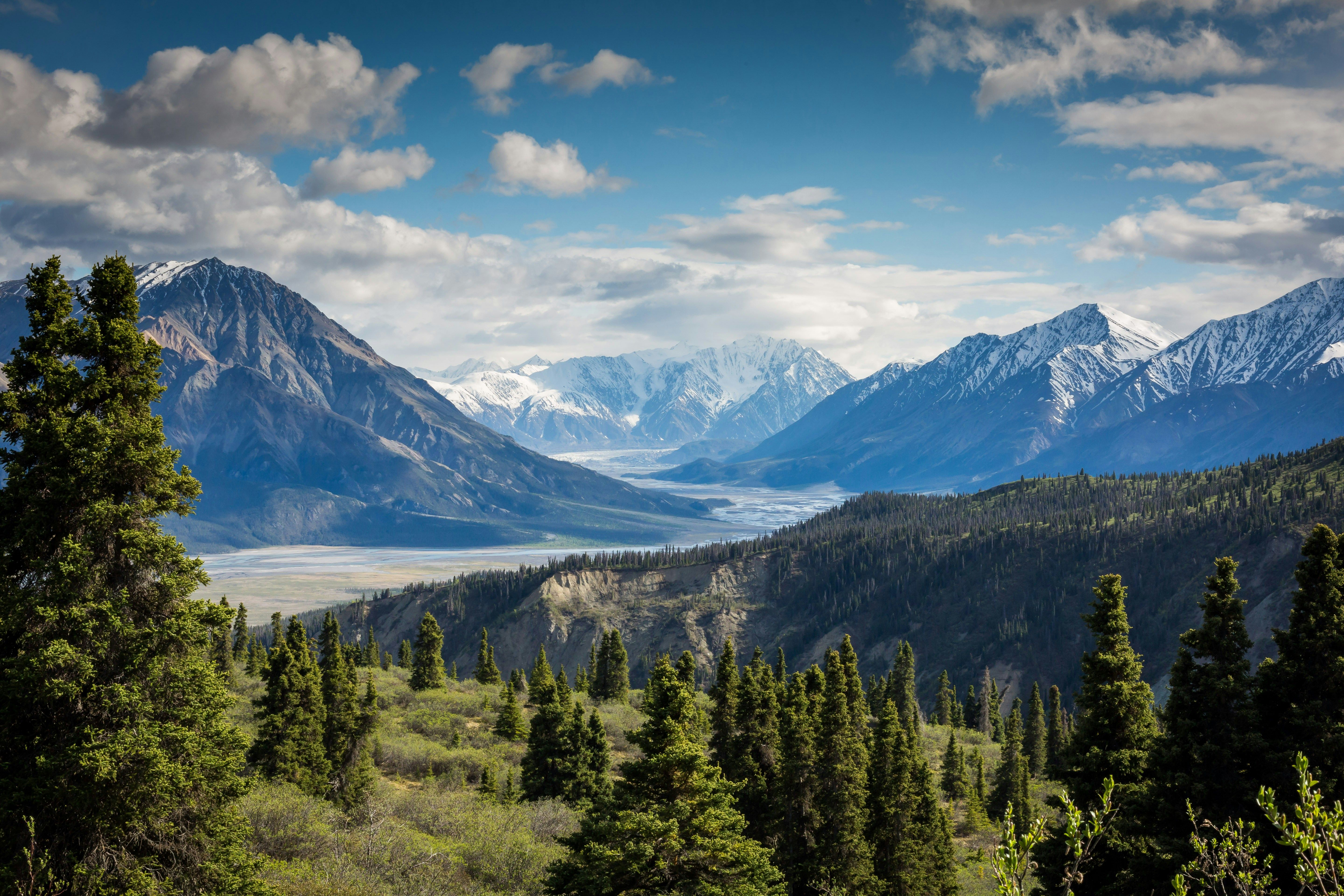Trump expresses uncertainty about supporting due process rights.
In a fresh interview, President Donald Trump stirred controversy when he refused to confirm his commitment to honoring due process rights as outlined in the US Constitution. This heated discussion unfolded during an appearance on NBC's Meet The Press.
Amidst a whirlwind of discussions, Trump also raised eyebrows by stating that he doesn't foresee military force being necessary to make Canada the "51st state" of the United States. He brushed off ideas of a potential third term in the White House, but admitted there's substantial backing for such a move[1].
As the Trump administration marked its 100-day milestone, reports suggested that his efforts to swiftly execute his agenda have faced increasing opposition from the public[2]. Despite this resistance, the president remains resolute in pushing forward with his priorities, believing they reflect the will of the American electorate[1].
In the interview with NBC's Kristen Welker, taped at his Mar-a-Lago property in Florida, the president was questioned about his stance on due process. In response, he remained noncommittal, stating, "I'm not a lawyer. I don't know."[1]
This statement offers a stark contrast to the Supreme Court's longstanding position on due process. As illustrated in cases such as Reno v. Flores, the Court has consistently upheld the right to due process for all individuals, including immigrants[3]. Trump's uncertainty, therefore, raises questions about his understanding and commitment to these fundamental rights.
Addressing concerns surrounding due process, Trump said he trusts his "brilliant lawyers" to ensure compliance with the Supreme Court's decisions[1]. At the same time, he disagreed with the legal obstacles impeding his immigration policies, demanding, "I was elected to get them out of here, and courts are holding me back."[1]
This tension between Trump's administration's drive to speed up deportations and the constitutional protections mandating fair treatment for individuals remains a significant point of contention. As the debate unfolds, eyes remain fixed on the Trump administration to see how it navigates these constitutional guarantees[3].
Elsewhere in the interview, Trump expressed his thoughts on Canada and Greenland, offering mixed signals regarding the involvement of military force in these matters. He also offered insights into the health of the US economy and his potential third-term aspirations[1].
By Aamer Madhani, updated with insights for clarity and context. Enrichment data drawn sparingly from Associated Press-NORC Centre for Public Affairs Research, Reno v. Flores, and the 22nd Amendment.
- In the realm of policy-and-legislation and general news, Kristen Welker questioned President Donald Trump about his stance on due process rights during an interview at his Mar-a-Lago property, but Trump was noncommittal, stating he's not a lawyer.
- Trump's noncommittal response on due process contrasts the Supreme Court's consistent upholding of due process rights in cases such as Reno v. Flores.
- Trump's attitudes towards due process rights and constitutional protections are significant points of contention as the debate continues and eyes remain fixed on the Trump administration's navigation of these constitutional guarantees.
- Amidst the discussions about due process, immigration policies, and potential third-term aspirations, the president offered mixed signals regarding the involvement of military force in matters involving Canada and Greenland.
- As the conversations revolving around economy, politics, and property continue to unfold, the public closely observes the rhetoric, policies, and decisions emanating from the Trump administration, assessing their impacts on due process rights and the US Constitution.







